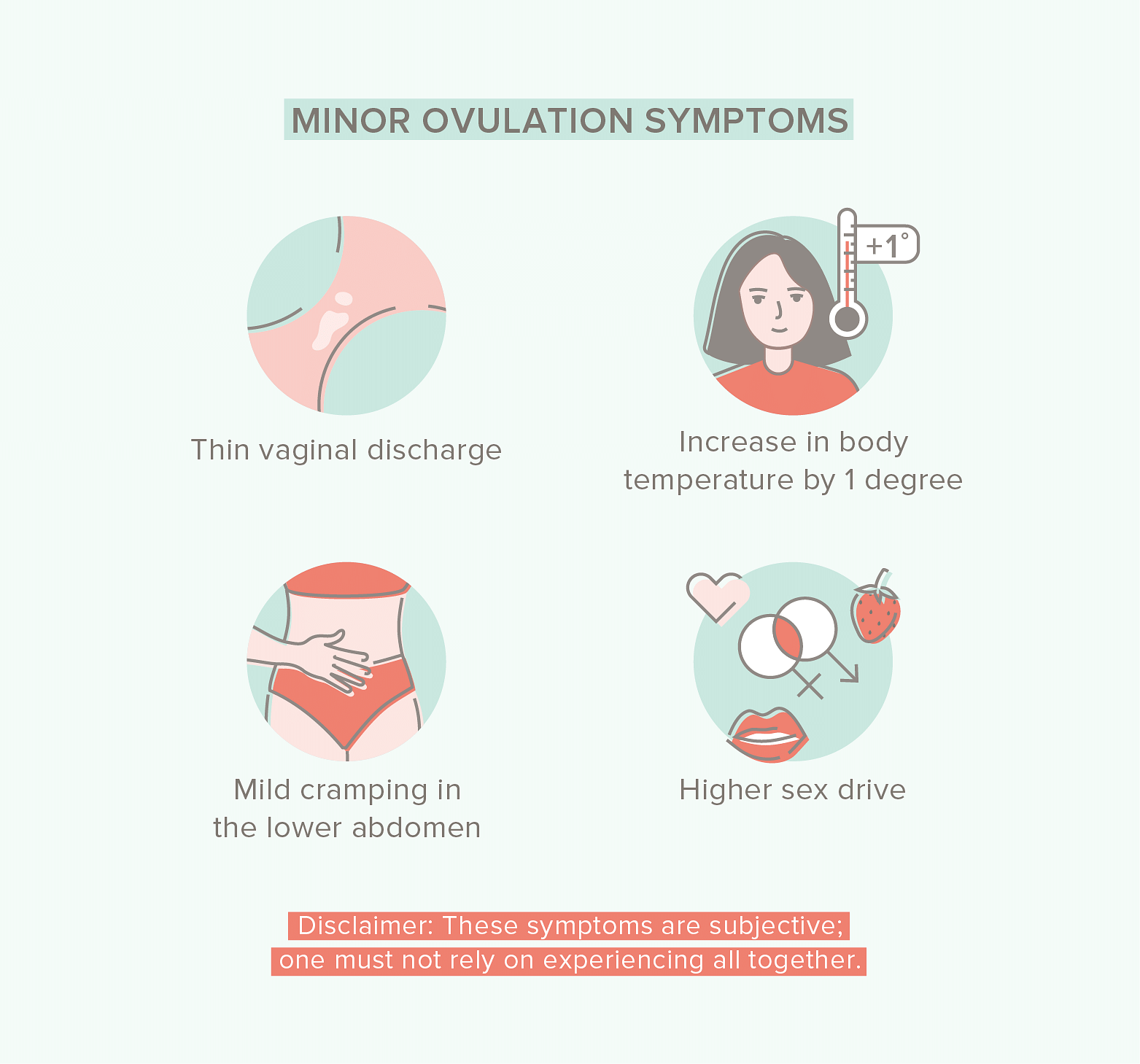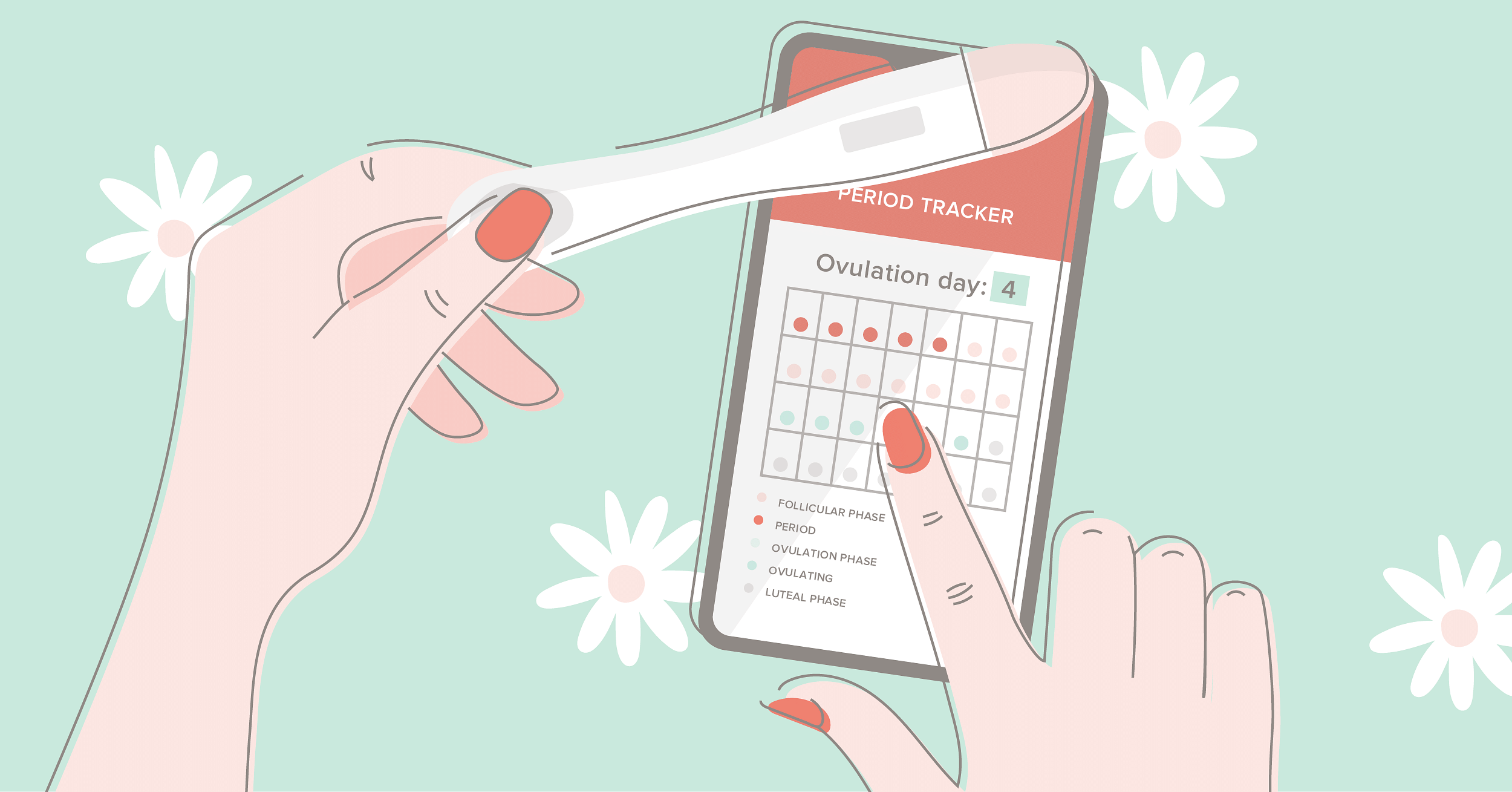When it comes to pregnancy, it’s not as easy as the movies make it seem. Many young women have questions about how and when they can increase the chances to conceive and get pregnant. To understand the concept of the optimal days to conceive, one needs to understand the parts of their period cycle.
There are 3 phases in a period cycle: the follicular phase, the ovulation phase, and finally, the luteal phase.
The follicular phase is Day 1 of your period, during which the follicles in the ovaries mature. This phase continues till Day 14 of your period cycle, when ovulation occurs.
Ovulation occurs on average on Day 14 of the period cycle for most women with a regular period cycle. In the ovulation phase, the mature ovarian follicle ruptures and releases an ovum or an egg. The time right before and after ovulation is commonly known as the ovulation phase. During this phase, a woman is highly likely to get pregnant and conceive because these are her most fertile days.
Lastly, we have the luteal phase. The corpus luteum is created during this time. It is nothing but a temporary endocrine structure that helps with the production of oestrogen and progesterone. So, the luteal phase concludes with either pregnancy or the shedding of the corpus luteum, when your period arrives.
An interesting fact to note here is that the ovulation phase will differ from woman to woman depending on her unique period cycle.
It is important to know that sperm can live inside a woman’s reproductive tract for between 3-5 days. So if you have unprotected intercourse before the 5th day of your ovulation, there is a chance you may get pregnant.
The egg has a lifespan of just 24 hours, after which it dies. After the egg releases itself from the ovary, it stays in the fallopian tube for 12-24 hours.
Pregnancy occurs if the sperm travels to the fallopian tube during these 12-24 hrs and fertilises the egg. If this fertilisation fails, the unfertilised egg reaches the uterus, and the shedding of the lining of the uterus starts, resulting in your period.

Ovulation kits are available in the market to give you a better reading during your period cycle when done around the ovulation days.
Period tracking apps on your phone can also accurately track your period cycle and help you indicate your ovulation dates if you use them consistently.
According to the research done in 2018, the likelihood of conception increases from Day 8 and is maximum on Day 13. It decreases to zero by Day 30. A couple should have intercourse 2-3 days leading up to and including ovulation to increase their chances of conception. Having intercourse these days increases the chances of pregnancy by almost 20-30%.
Period cycles can be erratic but tracking them each month accompanied by light maths can help any woman get an insight into her ovulation cycle and carry out a successful pregnancy.
Our experts work round the clock to provide you with the answers that you are looking for. If you have any, leave it in the comment section below or send us a DM at @nuawoman. This is a safe space so don’t hold back on any doubts you may have about your body and mind.









